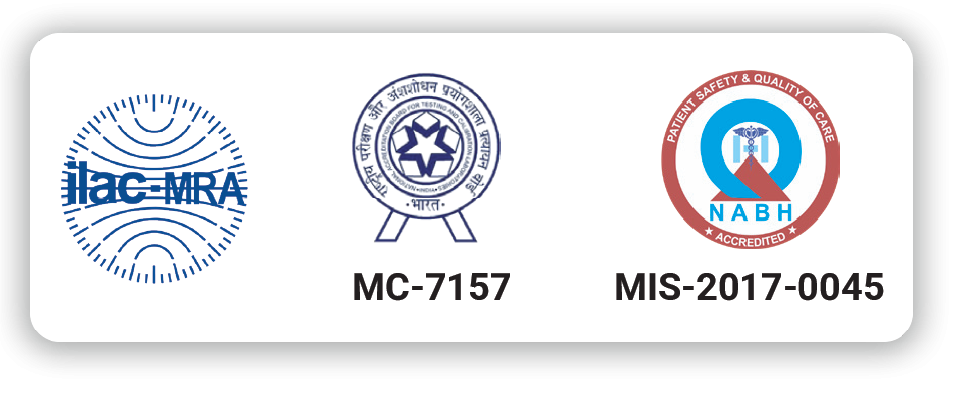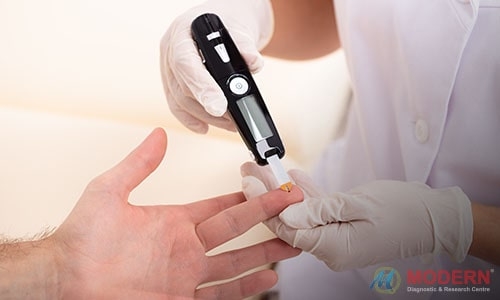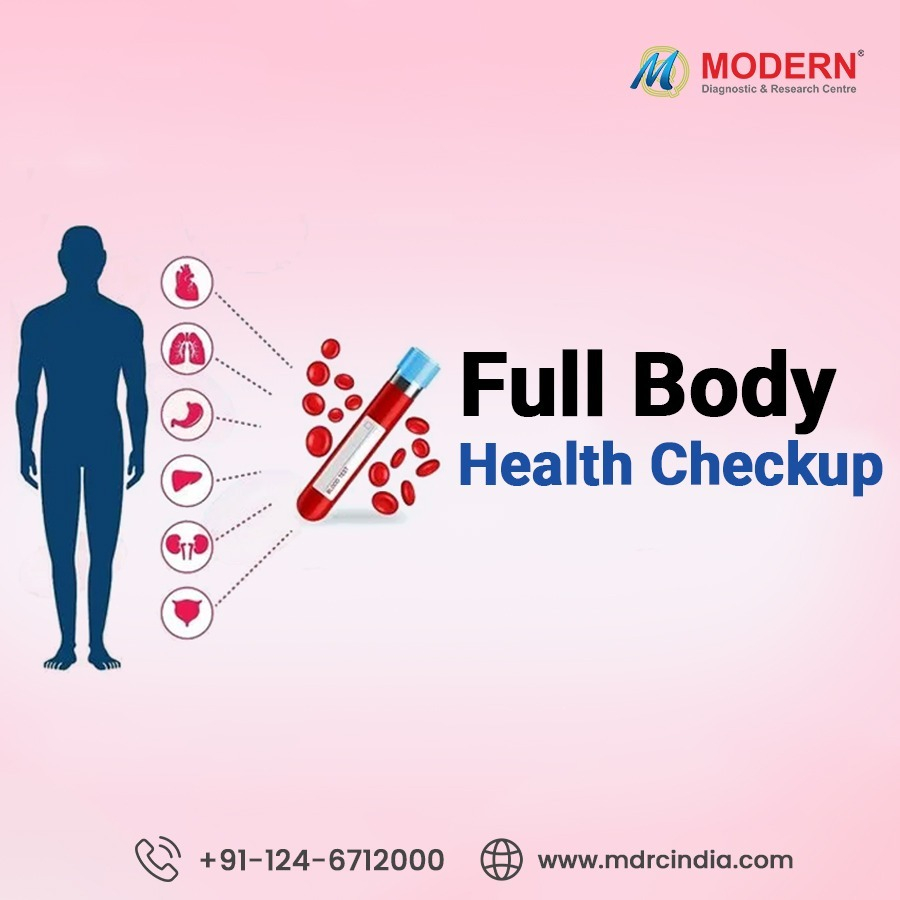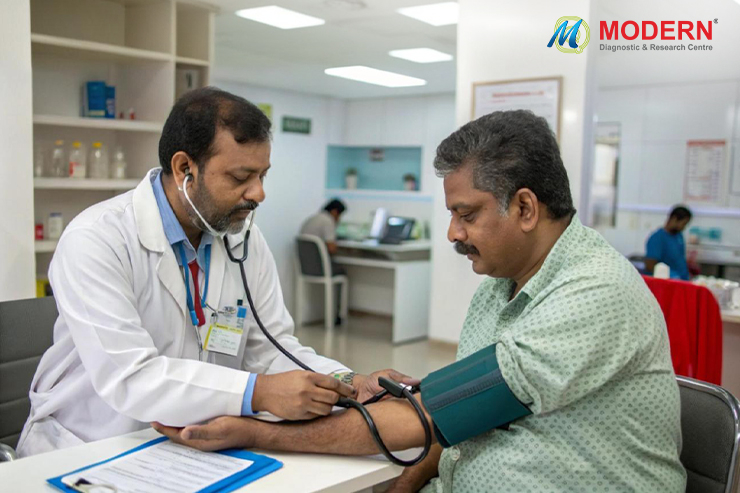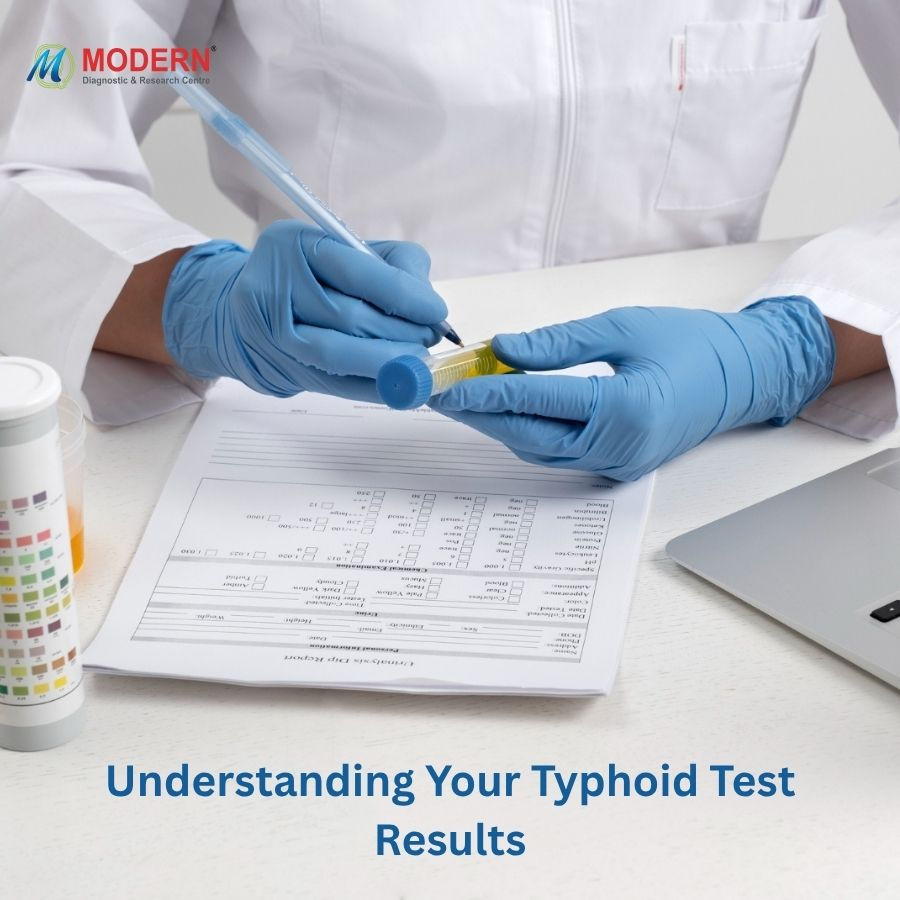Blood Tests for Diabetes: Who Should Undergo Diabetes Test?
Diabetes affects the ability of your body to either use or produces insulin which is helpful to transform blood sugar into energy. Diabetes causes abnormally high levels of blood glucose (blood sugar). Diabetes affects nerves and blood vessels badly over time and causes several symptoms like-
- Problem in vision
- Higher risk for a stroke or heart attack
- Numbness and tingling in the feet and hands
You can take specific steps and start treatment with early diagnosis and lead a healthy lifestyle.
Who Needs a Diabetes Test?
You may or may not have any symptoms of diabetes at the onset. If you have one of these early symptoms, you should go for a diabetes test in Gurgaon-
- Extreme thirst
- Feeling too hungry, even when you just had lunch
- Fatigue all the time
- Blurry vision
- Having cuts or sores which are not healing
- Urinating too often
Even though you don’t have any symptoms, you should still go for a diabetes test. If you have BMI higher than 25 (overweight) and fall under these categories, you should go for diabetes testing-
- You have high triglycerides, high blood pressure, heart disease, or low HDL cholesterol level.
- Someone in your family had diabetes.
- You had signs of insulin resistance or unusual blood sugar levels in the past.
- Women who had gestational diabetes or polycystic ovary syndrome (PCOS) in the past.
- You live a sedentary lifestyle.
If you are above 45, you should go for a blood sugar test. It is helpful to set a limit for the levels of blood sugar. The risk of having diabetes rises with age. So, you should go for a diabetes test regularly to know the risk of developing it.
What are the Blood Tests Recommended for Diabetes?
HbA1c Test
A doctor can check for the blood sugar levels in your body with blood tests. The HbA1c test results are one of the common indicators of blood sugar levels, and there is no need to fast. It is also called a glycated hemoglobin test. In this test, the glucose attached to RBCs in your body is measured over the past few months.
Red blood cells last up to three months. Hence, the HbA1c test measures the levels of blood sugar for three months on average. The technicians collect only a little bit of blood and measure the results in percentage-
- Normal – Below 5.7%
- Pre-diabetes – 5.7% to 6.4%
- Diabetes – Above 6.5%
The blood test methods remain the same, no matter which lab you choose because lab tests are regulated and standardized. The HbA1c test results may vary for some people, including people with a particular variant of hemoglobin for pregnant women. Hence, test results may not be accurate. The doctor may recommend alternate diabetes tests in such cases.
Fasting Blood Sugar Test
In this test, your blood sample is collected after fasting for eight to twelve hours.
- Normal – 100mg/dL
- Pre-diabetes – 100 to 125 mg/dL
- Diabetes – Equal or above 126 mg/dL
Random Blood Test
In this test, blood is drawn at any time, no matter when you had your meals last time. Results higher than 200 ml/dL (deciliter) or similar indicates diabetes.
Oral Glucose Tolerance Test (OGTT)
Initially, blood sugar is tested, and you get a sugary drink. Your blood sugar levels will be tested again after two hours. Here are the readings and their meaning-
- Normal – 140 mg/dL
- Pre-diabetes – 140 to 199 mg/dL
- Diabetes – above 200 mg/dL
Urine Tests for Diabetes
Diabetes is not the only condition that can be diagnosed with urine tests. A urine test is also needed to test for type 1 diabetes. Ketone bodies are produced in your body when your body uses fat tissue rather than blood sugar. A urine test is done at the laboratories for such ketone bodies. If your urine contains moderate or higher levels of ketone bodies, it could be a sign of a lack of insulin.
Tests for Gestational Diabetes
Pregnant women are mostly at a higher risk for gestational diabetes. So, pregnant women should test for diabetes when they visit their doctor for the first time. It usually affects women in the second or third trimester. To check for gestational diabetes, two types of tests are recommended.
The glucose challenge test is the first test. You need to drink glucose syrup before the test. Then, a blood sample is collected after an hour to check the levels of blood sugar. You must have 130 to 140 mg/dL or below. If reading is higher than that, you need to go for a further test.
In the glucose tolerance test, you don’t have to eat anything for 8 to 12 hours. The doctors will measure an initial level of blood sugar. If you are expecting pregnancy, you need to drink a sugary solution. Then, they will check your blood sugar levels once in three hours on an hourly basis. You may have gestational diabetes if you get higher readings two times.
Book an online appointment for a diabetes test in Gurgaon at MDRC India.


